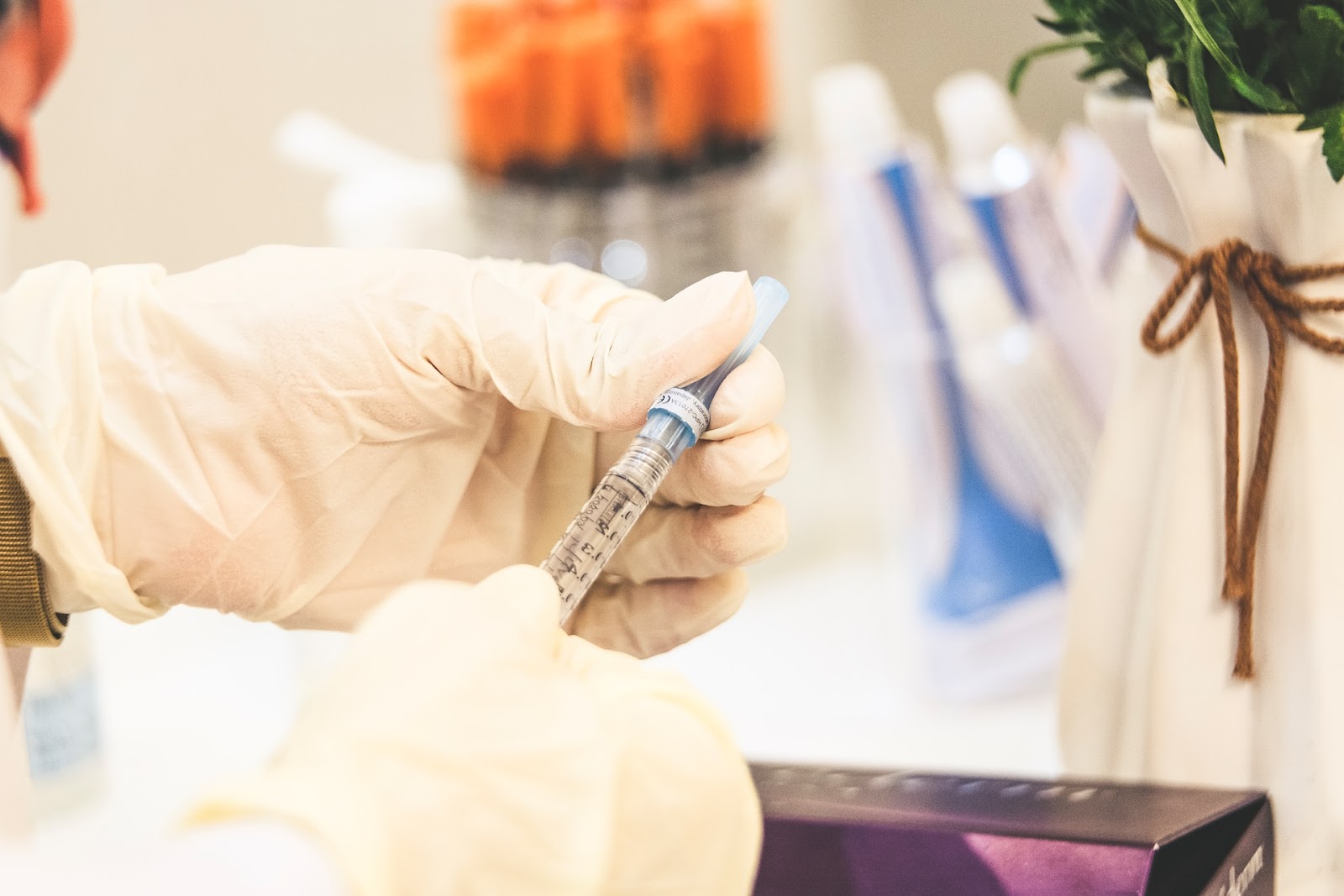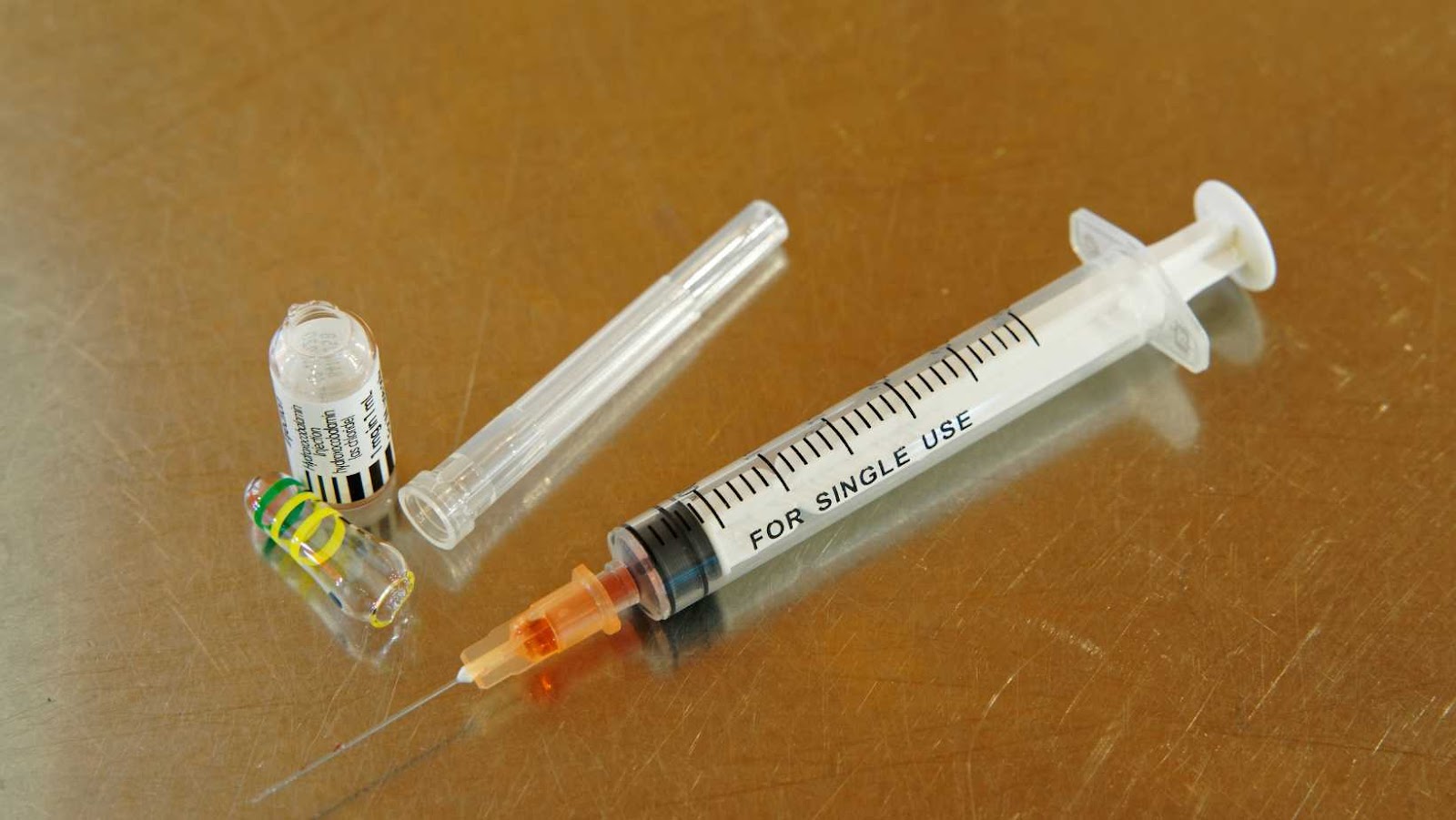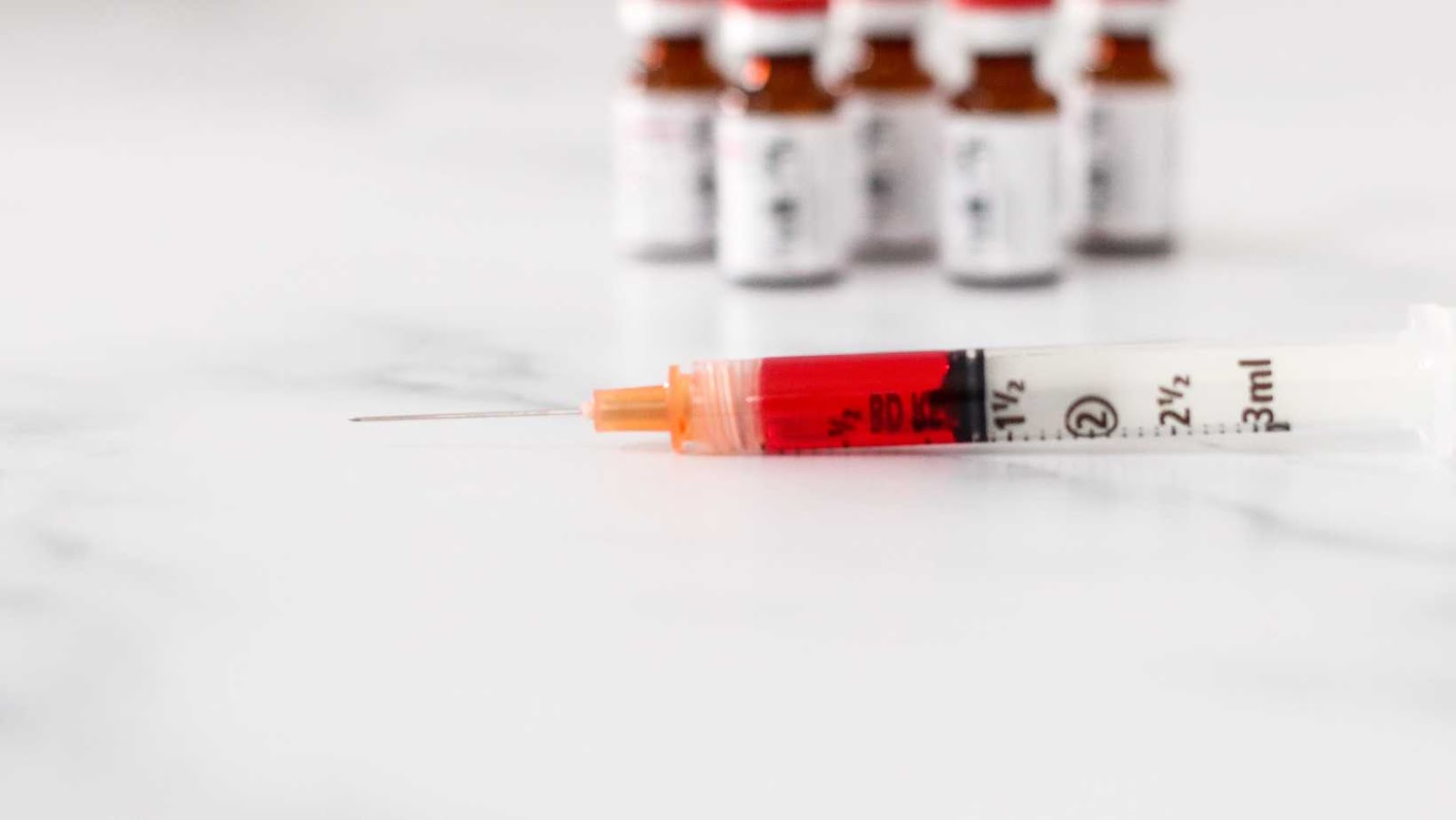Are you considering taking B12 injections but wondering what risks might be involved? You should know that B12 shots are generally safe and have few side effects. This article will provide a comprehensive overview of the potential consequences of receiving a B12 injection.
Introduction
B12 shots are a common treatment for vitamin B12 deficiency, which can cause fatigue, weakness, and neurological problems. While B12 shots are generally safe, they can have side effects if not administered properly or if taken in large amounts. The most common side effects of B12 shots include pain, redness, and swelling at the injection site. In rare cases, allergic reactions can occur and lead to difficulty breathing, dizziness, and swelling of the face, lips, or tongue. As for how often you can get a B12 shot, it depends on the severity of your deficiency and your doctor’s recommendations. Typically, B12 shots are administered once a week for the first month of treatment, then once a month for maintenance. However, your doctor may recommend more or fewer shots depending on your individual needs.
What is B12?
B12 is a water-soluble vitamin that plays a crucial role in many bodily functions, including brain function, the production of DNA and red blood cells, and nerve function. B12 is naturally found in animal products, and some people choose to supplement their diet with B12 shots.
While rare, there are some side effects associated with B12 shots, including redness and swelling at the injection site, itching, and diarrhea. These side effects are usually mild and temporary, but it’s always best to consult with your healthcare provider before starting any new supplement regimen. The frequency of B12 shots varies depending on the individual’s needs and medical history. It’s essential to work with a healthcare provider to determine the appropriate dosage and frequency of B12 shots for your unique situation. Pro Tip: If you’re experiencing symptoms related to a B12 deficiency, such as fatigue or difficulty concentrating, talk to your healthcare provider about the best way to supplement your B12 levels.
Benefits of B12 Shots
B12 shots have numerous benefits for both physical and mental health. They are particularly helpful for people with a deficiency in this essential vitamin.
Some of the most notable benefits include:
| Increased energy levels |
| Improved metabolism |
| Boosted mood and decreased symptoms of depression |
| Improved cognitive function and memory |
| Enhanced nerve function |
While adverse side effects are rare, some people may experience mild symptoms such as headache, mild diarrhea, or itching at the injection site. B12 shots are considered safe for most people, but those with certain medical conditions such as kidney disease or Leber’s disease should consult their doctor before getting a B12 injection. As for how often you can get a B12 shot, it depends on your individual needs and the dosage prescribed by your healthcare provider. It’s best to discuss the appropriate frequency and dosage with your doctor.

Side Effects of B12 Shots
B12 shots are generally considered safe and effective when administered properly. However, there are some potential side effects to be aware of:
| Injection site reactions: | B12 shots may cause redness, swelling, or soreness at the site of injection. |
| Allergic reactions: | Some people may be allergic to B12 injections, which can cause hives, itching, and difficulty breathing. |
| Headaches: | B12 injections can cause headaches or migraines in some individuals. |
| Diarrhea or upset stomach: | High doses of B12 can cause diarrhea or upset stomach in some people. |
It is generally safe to get B12 shots once a week, but this can vary depending on your age, health status, and reason for getting the injections. It’s best to consult with a healthcare provider to determine the appropriate frequency of B12 shots for you.
Who Should Get B12 Shots?
B12 shots are generally recommended for individuals with deficiencies or malabsorption of vitamin B12. These include vegans, vegetarians, older adults, and individuals with gastrointestinal disorders. As with any medication or supplement, B12 shots carry a risk of side effects. These include pain, redness, or swelling at the injection site, nausea, diarrhea, and headaches. However, these side effects are typically mild and short-lived. The frequency of B12 shots depends on the individual’s level of deficiency and the severity of symptoms. Individuals with severe deficiencies may require several shots per week initially, followed by a maintenance schedule of once per month. Others may only require monthly shots. Consult with a healthcare provider to determine the best dosing schedule for your individual needs.
Pro tip: If you’re feeling unsure about whether B12 shots are right for you, talk to a healthcare provider to learn more about the benefits and risks.
How Often Can You Get a B12 Shot?
B12 shots are generally considered safe, and there is no standard limit to the frequency at which they can be administered. However, some people may experience side effects from B12 shots, such as itching or swelling at the injection site, headache, nausea, or dizziness. If you experience any unusual side effects after receiving a B12 shot, it is essential to consult your healthcare provider. The frequency of B12 shots depends on the reason for taking them, the dosage, and the individual’s needs. People with B12 deficiency may require more frequent shots until their levels return to normal, while those using B12 shots to boost energy may only need occasional injections. It is best to consult with your healthcare provider to determine the frequency that is right for you.

Additional Considerations
While B12 shots are generally safe and have minimal side effects, it is still crucial to be aware of potential risks associated with the treatment, particularly when taken frequently.
| Here are some additional considerations to keep in mind before getting a B12 shot: |
| – Possible side effects of B12 shots include redness, swelling, or pain at the injection site, nausea, diarrhea, or headache. |
| – If getting B12 shots frequently, it is recommended to have your blood tested regularly to monitor your B12 levels. |
| – B12 shots can interact with certain medications, so it’s important to inform your doctor of any medicines you are taking before starting treatment. |
| – The frequency of B12 shots can vary depending on the individual’s needs and B12 levels. It is best to consult with a doctor to determine an appropriate dosage and schedule. |
Conclusion
In conclusion, B12 shots can be an effective way to boost your energy levels, improve your mood, and support your body’s natural functions, especially if you are deficient in B12. However, like any medical treatment, there may be potential side effects to receiving B12 shots. Common side effects include mild pain or swelling at the injection site, nausea, headaches, and dizziness. In rare cases, allergic reactions and anaphylaxis can occur. As for the frequency of B12 shots, it is important to consult with your healthcare provider as they will be able to determine the appropriate dosage and frequency based on your individual needs and health status. So, it is always recommended to consult with your physician before taking any vitamin supplements or getting B12 shots.
